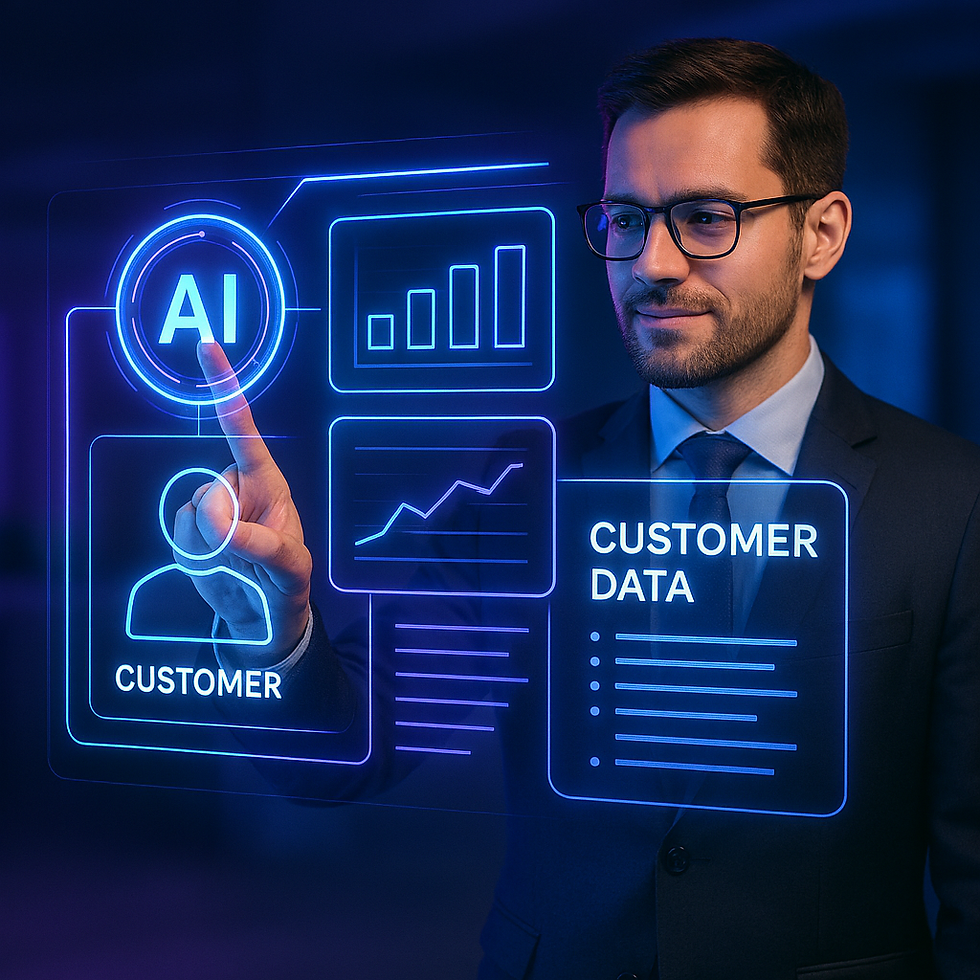AI's Buzz Faces a Cold Shower: Unveiling the Imminent Reality Check
- Evox365

- Oct 13, 2023
- 3 min read

In the constantly evolving world of technology, artificial intelligence (AI) has been the buzzword for the better part of the last decade. The promises of AI are vast and seemingly boundless: from self-driving cars and virtual assistants to breakthroughs in healthcare and education. Venture capital is pouring into AI startups, and established tech giants are directing substantial resources towards AI research and development. The hype is reminiscent of the dot-com bubble of the late 1990s, where the sky seemed to be the limit. But like all technological waves, the hype surrounding AI is expected to meet reality at some point. The question on many minds is, when will the AI buzz get a cold shower? The primary driver behind the AI hype is the potential for revolutionary changes across various sectors. The success stories are indeed awe-inspiring, with AI algorithms outperforming humans in a variety of tasks, ranging from game playing and image recognition to language translation and disease diagnosis. However, like any technology, AI has its limitations. There's a growing concern among experts that the general public and even some stakeholders might be overestimating AI's capabilities and the timeline on which they can be delivered. The mismatch between expectations and reality is a breeding ground for disillusionment, which may trigger a cooldown in enthusiasm and investment in AI technologies.
One of the notable challenges facing AI is the ethical and societal implications, which are beginning to surface as the technology matures. Issues such as data privacy, bias, and the potential for job displacement are causing both public and regulatory scrutiny. As these concerns grow, they might act as a dampener on the unbridled enthusiasm surrounding AI. Moreover, there's a possibility of regulatory clampdowns which could slow down the pace of AI development and deployment. The European Union, for instance, is already considering stringent regulations around high-risk AI applications which could set a precedent for other regions.
A significant factor that might bring a reality check to the AI buzz is the technical limitations that are yet to be overcome. Despite the remarkable advancements, several core challenges remain unsolved. These include the lack of understanding and solutions around AI explainability, generalization, and long-term autonomy. Additionally, the requirement for massive amounts of data and computational resources is a significant barrier for many organizations. As these challenges persist, they could lead to a more sober assessment of what AI can and cannot achieve in the near term.
Moreover, the economic viability of AI projects is a concern. Many AI applications are yet to prove their worth in terms of return on investment. The high costs associated with AI development, coupled with the uncertain payoff, could lead to a tightening of purse strings among investors and organizations. A few high-profile failures or less-than-expected returns on AI projects could significantly dampen the enthusiasm and, consequently, the flow of capital into the AI sector.
In conclusion, while the timeline for a cooldown in AI hype is uncertain, multiple factors could contribute to a more grounded view of AI's potential and limitations. Ethical concerns, regulatory challenges, technical limitations, and economic viability are all converging to potentially give the AI buzz its cold shower. However, this might not necessarily be a negative scenario. A more realistic assessment of AI could lead to more sustainable development, better management of expectations, and ultimately, a more responsible and beneficial deployment of AI technologies.




Comments